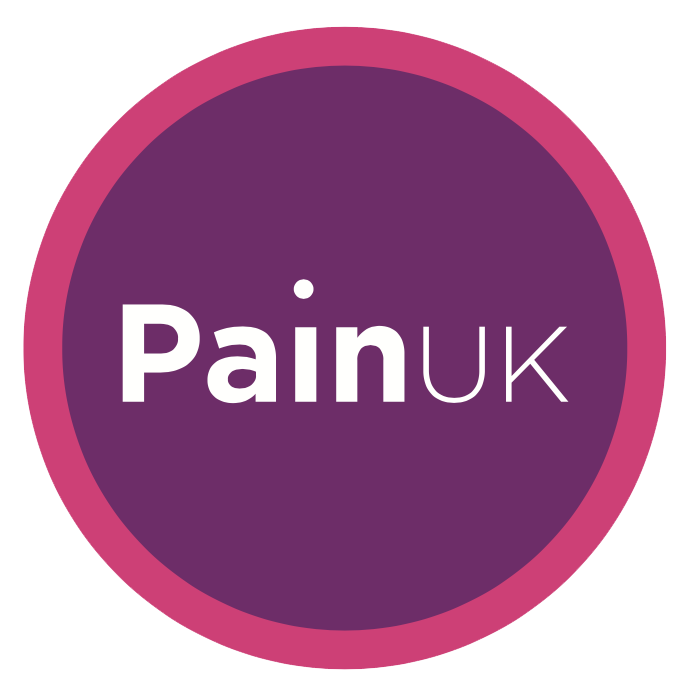Reproduced from www.yoursmagazine.co.uk. By Martine Gallie
If chronic pain is getting you down, perhaps it’s time to explore other options:
It’s not easy living with constant pain. Because it’s invisible, it’s sometimes difficult for friends, family and even your doctor to understand just how low it can make you feel.
Many of us find ourselves going back to the GP time and again for painkillers that don’t seem to work. And how many of us have heard those words, ‘you’ve got to expect a bit of wear and tear at your age’?
Yet there is a whole range of specialists and services available for people living with chronic pain – you’ll find a round-up below. If you think there’s anything you may find helpful, it could be time for a visit to your doctor to explore some new treatments.
Pain clinics
Most hospitals hold clinics where a specialist can explore ways to manage the symptoms. They can also refer patients for further tests. Some clinics have large teams of experts.
“We look at the knock-on effects of pain. This often includes losing the activities that they value most,” says Sarah Priddle, a specialist pain practitioner with Somerset Community Pain Service.
“We are able to support them to cope better with life and with their pain.”
Your GP can refer to your local pain clinic or community pain service.
Physiotherapy
Physiotherapists can offer lots of different techniques for managing pain, including help with posture, group classes and therapeutic exercises.
Some of them specialise in pain management and can help you to manage and pace your days better. Others are qualified in complementary therapies, such as acupuncture. Physiotherapy services are also becoming more widely available at doctors’ surgeries, so it’s well worth talking to your GP about whether physiotherapy could help you.
Expert Patients Programme
If you live in England you may want to think about joining an Expert Patients Programme (EPP) course. These free six-week courses are run by people who have chronic conditions themselves and are designed to give anyone affected by a long-term illness the skills to manage their condition better. In some areas there are Persistent Pain Programme (PPP) courses available specifically for people who have chronic pain.
People who attend the courses find it helps them to tackle depression and anxiety related to their pain as well as the pain itself.
You don’t need a referral from your GP, but you may like to chat through the idea with them first. To find out if there’s a course near you, phone free on 0800 988 5550 (select option 1).
Complementary therapists
Some people who have chronic pain swear by complementary therapies, such as acupuncture, osteopathy, chiropractic and hypnotherapy.
One disadvantage is that they aren’t usually available on the NHS. In addition, there isn’t much evidence to show that they definitely work. “If you find them helpful and can afford it, give them a go,” says Sarah. “Check that the therapist is affiliated to a professional body and remember that they often provide only short-term relief. If you go back over and over again without significant change, ask yourself if you’re getting your money’s worth.”
Pain management programmes
Pain management programmes are usually run by NHS pain clinics, so you will need a referral from your GP. “Some are residential, while others run one day a week for six to eight weeks, and there is strong evidence to show that they work,” says Sarah. The aim of these programmes is to improve your quality of life despite your pain, rather than reducing your pain. They may be suitable if you find that medical and physical treatments are no longer offering you any relief.
Talking to your GP
If you want to discuss new ways of managing your pain with your GP, it pays to be prepared.
You may want to take a leaflet from a website with you,” says Sarah. “Sometimes it feels easier to hand something over.
“If your GP feels they have tried everything, they will probably be pleased that you are open to a different approach.”
Who else can help?
- British Pain Society
Helpful leaflets and booklets about all aspects of pain – call 020 7269 7840 or visit www.britishpainsociety.org
- Pain Concern
Run by people who have chronic pain themselves, it offers information and support to other pain sufferers, their families and carers. Call freephone
0300 123 0789 (Mon-Fri 10am-4pm) or visit www.painconcern.org.uk
